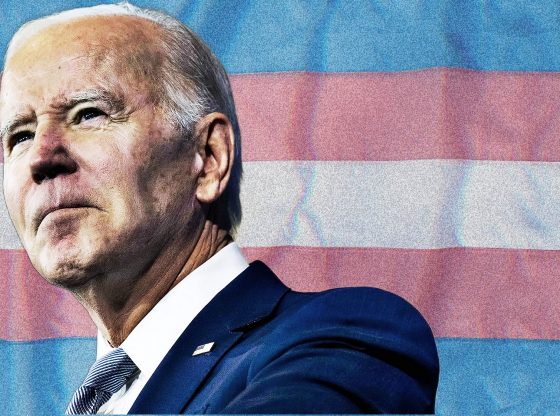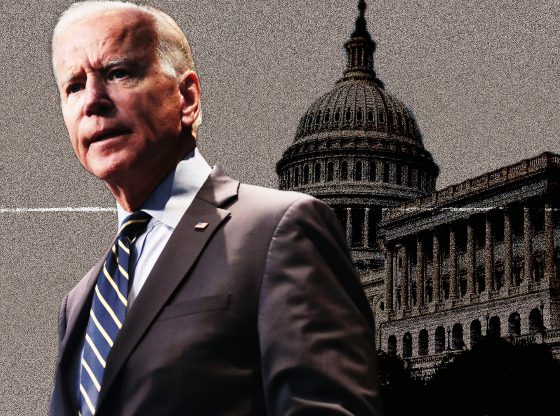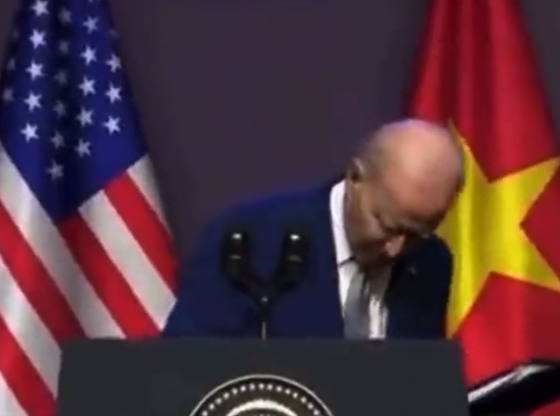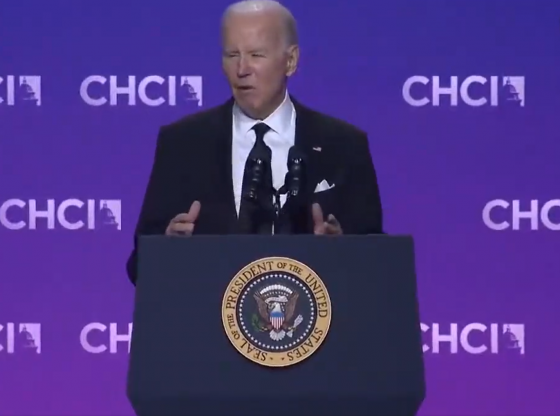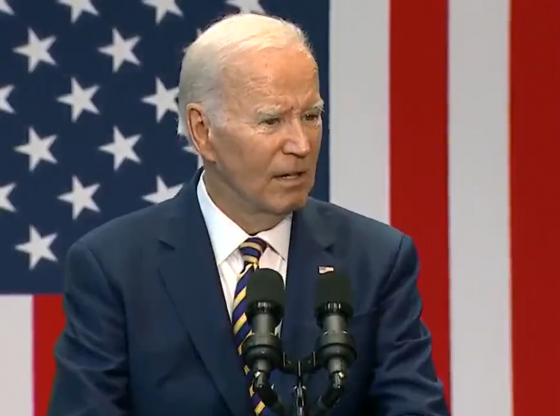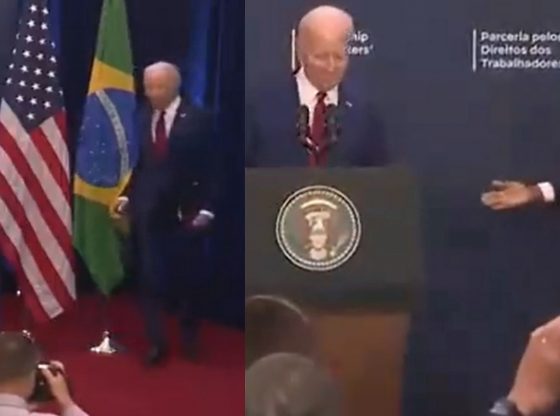A little-known Biden administration change to U.S. financial rules has the federal government placing government employee retirement funds into companies controlled by the Communist Chinese army.
“The Federal Retirement Thrift Investment Board (FRTIB) is steering retirement savings of military servicemembers and federal workers to funds that invest in Chinese companies, including companies that support the People’s Liberation Army,” reports U.S. Sen. Marco Rubio (R-FL), who blocked the scheme in 2019, only to have it resurrected in 2022 by the Biden administration.
An effort to stop it again, as part of this year’s defense spending bill, failed in the Democrat-controlled Senate.
“Despite bipartisan, majority support, including from Senators Jeanne Shaheen (D-NH), Joni Ernst (R-IA), and Dan Sullivan (R-AK), the Senate failed to adopt Rubio’s amendment to the annual defense bill that would have banned those investments,” Rubio notes.
“The Senate had a chance to prevent China from benefiting from our military service members and federal workers’ retirement funds. Instead, it allowed pressure from Wall Street and other special interests to block this common-sense amendment. There is strong bipartisan support for this proposal, and I will continue to work with my colleagues to stop federal retirement funds from benefitting the Chinese Communist Party,” said Rubio.
“U.S. service-members and other federal employees would likely be shocked to learn that the FRTIB is unaware of which companies make up these approved funds or what risk those companies pose,” Rubio and other senators noted in their 2022.
“They do not want their retirement dollars to underwrite the development of the CCP’s advanced weapons systems and military modernization. They do not want to be implicated in sponsoring genocide of the Uyghur people, equipping concentration camps, and trafficking in forced labor. They do not want to invest in an opaque mutual fund platform in which Chinese companies do not adhere to federal securities laws or submit to adequate disclosure requirements,” the senators wrote.
“When they invest through TSP, they rightly expect the FRTIB will protect them and their investments from these types of dangerous investments. It is evident that the FRTIB cannot live up to that expectation at this time. For these, and several other reasons, we again urge the Board to cancel, or, at minimum, postpone implementation of its Mutual Fund Window initiative until your Board can ensure that no TSP funds are invested in dangerous, non-compliant or opaque Chinese securities, as well as commit to providing TSP account-holders as much transparency as possible about where their hard-earned savings are being invested,” the senators concluded.
“Senator Rubio will continue his fight for a ban on the investment of Thrift Savings Plan funds in Chinese companies by working to pass his bipartisan Taxpayers and Savings Protection Act through the Senate,” Rubio’s office notes in a new statement.


